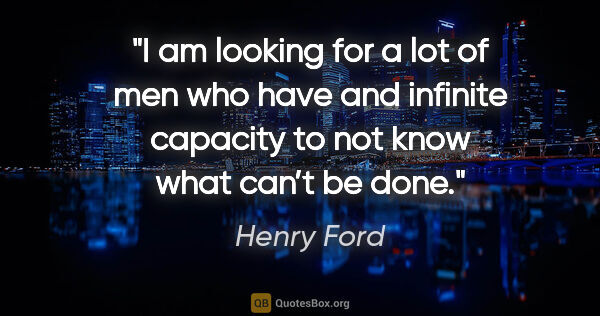Am Quotes (page 218)
My native gifts are not remarkable, but I have a certain force of character which has enabled me in a measure to supplement my deficiencies. I have common-sense. Most people cannot see anything, but I can see what is in the front of my nose with extreme clearness; the greatest writers can see through a brick wall. My vision is not so penetrating. For many years I have been described as a cynic; I told the truth. I wish no one to take me for other than I am, and on the other hand I see no need...
W. Somerset Maugham
Other people have faces; Susan and Jinny have faces; they are here. Their world is the real world. The things they lift are heavy. They say Yes, they say No; whereas I shift and change and am seen through in a second. If they meet a housemaid she looks at them without laughing. But she laughs at me. They know what to say if spoken to. They laugh really; they get angry really; while I have to look first and do what other people do when they have done it.
Virginia Woolf

Eldest, that's what I am. Mark my words, my friends: Tom was here before the river and the trees; Tom remembers the first raindrop and the first acorn. He made paths before the Big People, and saw the Little People arriving. He was here before the Kings and the graves and the Barrow-wights. When the Elves passed westward, Tom was here already, before the seas were bent. He knew the dark under the stars when it was fearless - before the Dark Lord came from Outside.
J. R. R. Tolkien
Because never in my entire childhood did I feel like a child. I felt like a person all along--the same person that I am today. I never felt that I spoke childishly. I never felt that my emotions and desires were somehow less real than adult emotions and desires. And in writing _Ender's Game_, I forced the audience to experience the lives of these children from that perspective--the perspective in which their feelings and decisions are just as real and important as any adult's. ... _Ender's...
Orson Scott Card
It seems to me that Canadian sensibility has been profoundly disturbed, not so much by our famous problem of identity, important as that is, as by a series of paradoxes in what confronts that identity. It is less perplexed by the question "Who am I?" than by some such riddle as "Where is here?
Northrop Frye



